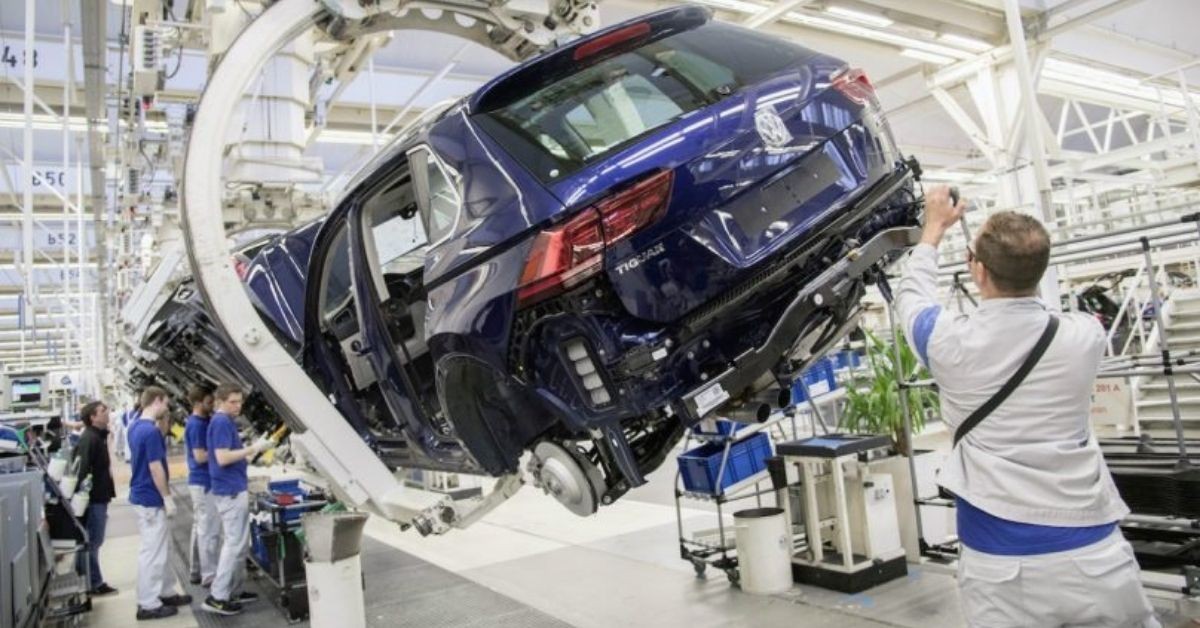According to the McKinsey report, the days of going it alone are limited, since the increasing threshold of required investment often necessitates pooled resources
Indian automakers should focus on forming partnerships with each other, while developing new technologies such as electric, hybrid and others, in the aftermath of the covid-19 pandemic, wherein they can share costs and risks associated with such ventures, said consultancy firm McKinsey and Company in a report. Financials of automakers came under severe stress during the current economic slowdown, which led to substantial fall in volumes and profitability.
The American firm also said covid-19 pandemic has offered an opportunity for domestic automakers and suppliers to explore exports markets such as African countries, which are likely to witness growth in their economy in the coming years.
According to the report, the days of “going it alone” are limited, since the increasing threshold of required investment often necessitates pooled resources. Companies may also find that they can access new customer segments by working with other companies that offer complementary products in areas that their current portfolios do not cover.
“As Indian automotive players pursue new partnerships, they should clearly establish their core strengths (the “gives” from their side), as well as the areas where strategic partnerships will be helpful (the “gets” from the partners). They can then move from engaging in transactional relationships to forming ‘win–win’ partnerships with long-term benefits,” said Brajesh Chibber and Nitesh Gupta, partner, McKinsey, in the report.
Vehicle manufacturers across segments have been witnessing continuous decline in sales from the second half of FY 19 due to economic slowdown triggered by the bankruptcy of Infrastructure Leasing and Financial Services Ltd and increase in prices of vehicles as a result of transition to the new safety and Bharat Stage VI emission norms.
The report also stresses on the need for Indian automakers and suppliers to find export markets in certain emerging economies and develop India as an export hub by utilizing the incentives offered under the production linked incentive scheme announced by the Indian government.
The report states that international markets, especially those in Africa, which are similar to India, are experiencing a rise in per-capita GDP and reaching levels at which automotive sales tend to expand significantly. Indian companies have already navigated this transition at home and can follow the same script to succeed in international markets. By expanding internationally, Indian automakers will increase growth and sales volumes, while diversifying risks and reducing demand cyclicality.
“This may be the best opportunity for Indian automotive suppliers to expand internationally in decades because of recent tailwinds. As global automakers rebalance their supply chains, they are looking for sourcing hubs outside China. Simultaneously, the Indian government is offering production-linked incentives, totalling $7.5 billion over the next five years, to encourage exports,” the report further noted.
Source : Live Mint







